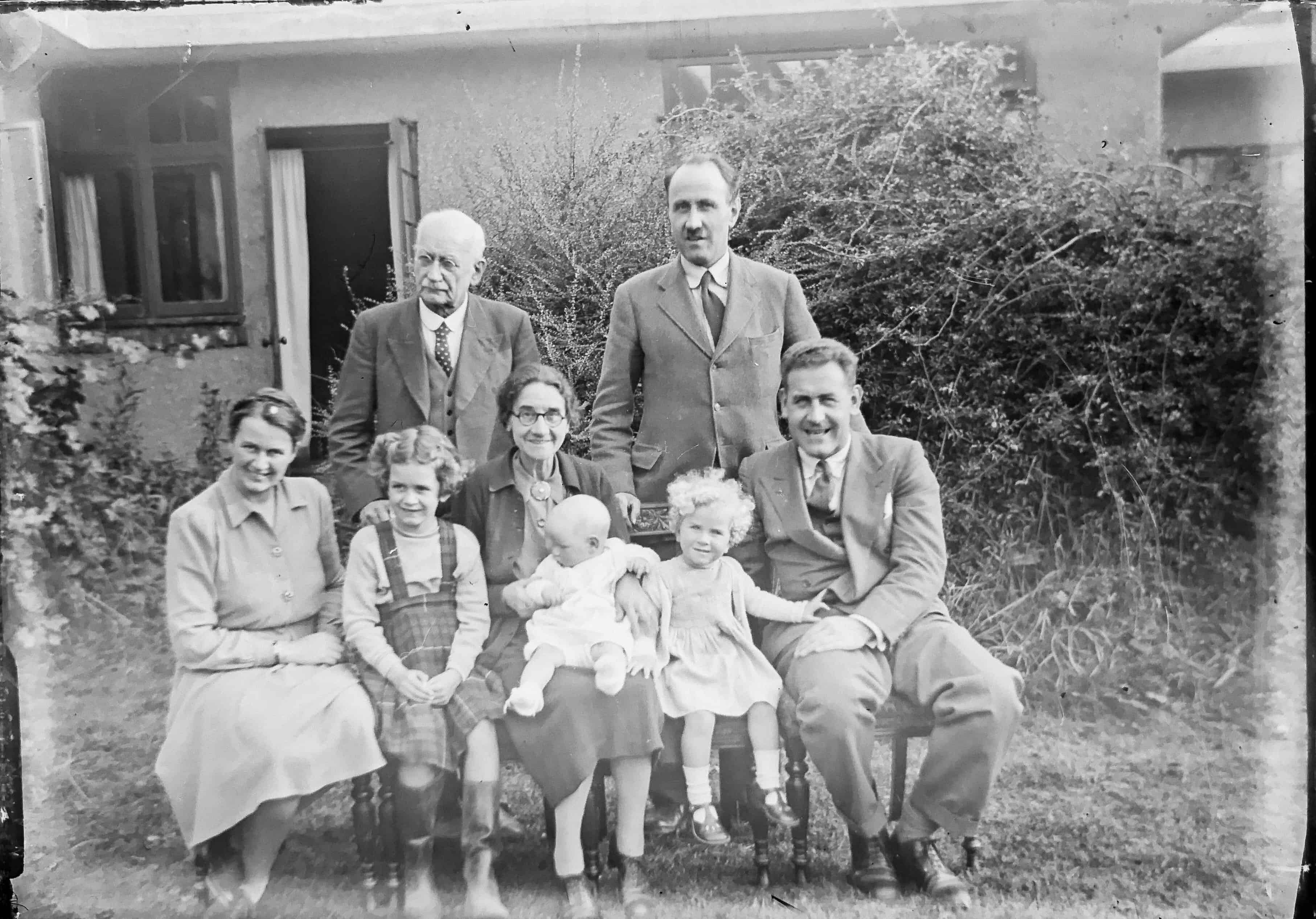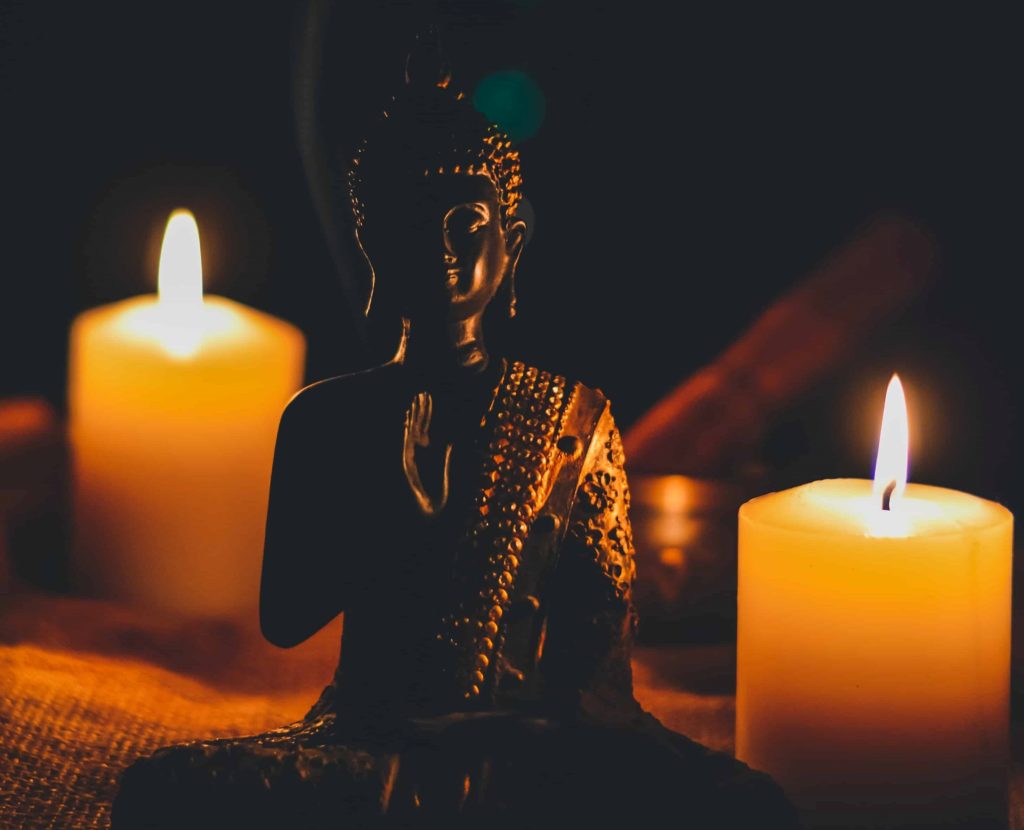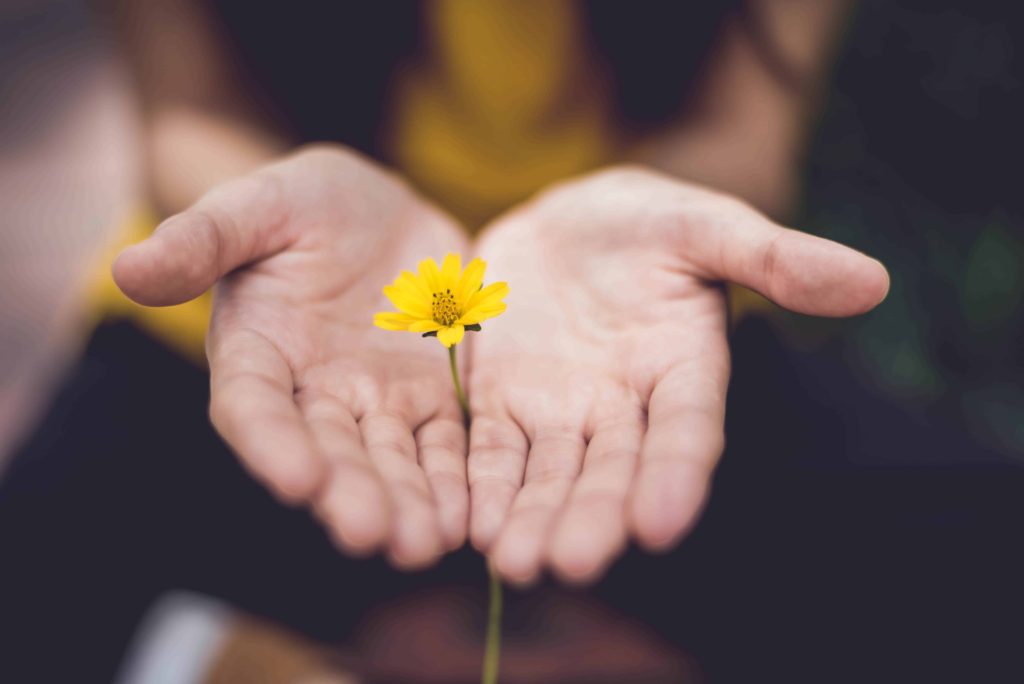You do not need to find or achieve self worth, you already have it. If you don’t feel worthy, chances are you just need to learn to EMBODY it and the first step is understanding what self worth actually is.
This article explains what our self worth is and why our “sense” of self worth often gets diminished before we even finish our childhood as well as a few key tips to get you feeling worthy again or even if you never felt worthy before. Stay tuned for a more in-depth article on how to embody it and practice honoring it regardless of your external circumstances.
A brief story you may be familiar with:

A teacher once held up a $100 dollar bill to his students and asked what value it has. A hundred dollars, they replied. Then the teacher proceeded to crumple it up, step on it, spit on it, yell at it, call it names, and tell it is useless and disappointing. The teacher asked again, what value does it have? A hundred dollars, they replied again.
This is how your self worth works. The value remains the same, no matter what happens.
The sooner you can begin to wrap your head around the following paragraph, the sooner you will begin to SEE and FEEL and UNDERSTAND your WORTH:
The main thing to remember about self worth is that it is INHERENT in every single living thing just for simply existing. You are worthy from the moment you are born. Some may argue you are worthy before you are even born but for the sake of basic understanding in this article we will say that you already have come into existence (wherever that moment starts for you–if you believe in past lives and reincarnation, you can apply that). The bottom line: YOU ARE ALWAYS WORTHY. There is not a moment that anyone is unworthy.
Achievement Does Not Determine Self-Worth
Self worth cannot be achieved or earned. There is nothing you can DO to be more or less worthy. Think about this: there are billions of people on our planet. Every single human is having an entirely different experience. Each human has different opportunities, privileges, disadvantages, etc. than everyone else. While everyone has the ability to be “successful” which can mean something completely different for each person, people’s circumstances are VASTLY different. There are people in our world born into such poverty that their livelihood depends on them sending their young children into dangerous mines each day to make a few cents per day to help feed the family. Do you think these people can easily become the CEO of a company, much less buy a luxury home, or join some fancy fitness program? Are they not supposed to feel worthy?
Worth goes beyond what we can SEE or measure. Worth exists on a deep level and is something that is always with us. Our understanding of this worth is what gets confused or forgotten. This is what we call sense of self worth and that is what we have to learn how to understand especially if we grew up in environments that never allowed us to feel it.
Worth goes beyond what we can SEE.
We need to dig deep within ourselves to unlearn to base our value on impermanent factors such as achievement and appearance and start believing that we are worthy just for existing.
No living thing is more or less valuable than another. We are all equally worthy. We are all 100% worthy from the moment we come into existence. NOTHING can change that. Our “sense” of self worth may get skewed but our actual self worth/worthiness always remains the same. You are NOT more valuable or worthy just because you learned a new skill, achieved a college degree, married your soulmate, or landed your dream job. Those things are temporary external factors that can change very quickly, and often do.

Let’s say, for example, you are a marathon runner. Your whole life is about marathon running. You talk about it, you dream about it, and everyone in your life knows you as the marathon runner. You’ve won countless medals as a marathon finisher. And one day, you are in a terrible accident with such severe injuries that you can no longer run anymore. Are you less worthy now? Because you can’t do marathon running anymore? Of course not! Your worth is still there! Just like that dollar bill.
As a living, breathing being, you deserve the same unconditional love, respect and acceptance as every other living thing. Just because you got a PhD, lost 50lbs, or became the CEO of a company does not make you any more deserving of love, respect, or acceptance than someone who was born to a drug addict, has developmental issues, or does not have a single penny to their name.
Even rapists and murderers have the same value as everyone else. Because underneath all of those layers of conditioned behaviors and beliefs, their souls are pure. If they had received the love and acceptance in their childhoods that their souls deserved, they would not have had felt the need to distract themselves from their low sense of self worth with such violent actions. Every living thing is deserving of love and acceptance on a fundamental level. Worth is not something to be achieved or found. Like the $100 bill, worth just exists.

The amount of incredible miniscule events that had to occur in order for you to be born the person you are who is reading this exact article right now on the device you are holding is incomprehensible. It is an incredibly miraculous event that you were born, were able to secure enough food and shelter to make it to this point, while being able to learn enough to not only use a device but also to read an article on it with your very own eyes which are an amazing biological feat in themselves. Have you considered how special that is?
That is why all living things, and many will even argue that every single atom that exists, are equally worthy to exist and be loved and accepted because without each of those atoms being connected in the ways they have been up until this point, we would not exist in the way that we do. Everything in the universe is intricately connected, and on the quantum level, looks pretty much the same as well. Everything is made up of just a bunch of subatomic particles which are all equal in value.
Self worth vs. sense of self worth
It is important to distinguish between self worth and your sense of self worth. Your self worth simply CANNOT change while your “sense” of self worth will improve as you learn to understand what self worth actually is and as you continue to unravel the past conditioning that made you feel unworthy in the first place. Sense of self worth is similar to self esteem, or the value you place on yourself. However, self esteem has a bit more to do with confidence in yourself as well.
Visual Metaphor

For the purposes of having an additional visual to aid in understanding, imagine for a moment that each person upon birth gets a Gold Coin that sits inside of the heart. It is just there, a part of the heart and does not damage anything. This Gold Coin is the exact same size, shape, weight, etc. as everyone else’s. It is completely equal in every way. This Gold Coin is with you from the moment you are born to the moment you die. This Gold Coin is your (self) worth.
[Again, depending on if you believe in souls being eternal, then the soul has the same worth (Gold Coin) for eternity.]
There is no way that anything can change the value of the Gold Coin (your worth). It always remains the same no matter what others may have told you or made you believe.
WHY self worth gets F***ed up or we can’t seem to FIND it

Often, other people such as caregivers, parents and others we look to receive love from as children, may make us believe that we are damaged, less valuable, or defective in some way. Or that we are only worthy if we achieve certain things or look a certain way. This could be due to things those people tell us directly, or through indirect ways. For example, they might have told us “You’ll never be good enough.” or “You’ll never amount to anything.” or they might have punished us for things we didn’t do or the punishment did not fit the behavior. It may have been through verbal, physical, or sexual abuse or through emotional abuse and manipulation. There also might not have been abuse at all, you may have just simply absorbed the energy of unworthiness that your caregivers felt or picked up any limiting beliefs they had, especially if you are more sensitive to energy and environments. Oftentimes, it is a combination of these things.
We are often not even fully aware of all of our insecurities surrounding worth until an event or situation brings our awareness to it through feelings, discomfort, triggers, etc.
This belief that “we are less worthy unless we do, behave, or believe certain things” then follows us from childhood and seeps into the rest of our lives…
This is because most of us have grown up with conditional love instead of UNconditional love meaning we grew up with conditions surrounding love and worthiness.
Many of us were made to believe our worth is conditional…ONLY IF we somehow “achieve” the standards and conditions our caregivers directly or indirectly placed on us, THEN we would FINALLY be good enough or fully worthy and deserving.

Oftentimes, we associate worth with external factors such as our looks, our talents, our accomplishments, our finances, etc.
Examples of common conditions placed on worth and love:
- Working hard/being productive is often a major theme for many. And if you decide to take a day off, you are considered lazy and, thus, not good enough. You did not have to grow up in an abusive household to have low self worth. It could have been passed down simply by absorbing the energies of your caregivers or your caregivers being “disappointed” if you didn’t follow the career path they chose for you or you didn’t prove yourself somehow with awards and achievements.
- Another common theme is around appearances, especially in Western countries. There is so much emphasis placed on external appearances that many of us find ourselves chasing an elusive “perfect image” at one point or another whether through losing weight, building muscle, getting plastic surgery, dying our hair, wearing makeup, wearing certain clothes, even driving certain cars. Those of us that do these things without knowing why are doing this to “please” our original caregivers without even realizing it. We have accepted their conditions without question. We have accepted the beliefs that in order to be “accepted” we must do x, y, z, etc.. Once we question them, many will start to not make sense to us and will not align with our own personal values.
- Another condition some had placed on them is around “messing up.” For example, if you spilled or broke something, or didn’t clean something “well” enough or didn’t get something right the first time, a caregiver might have immediately started yelling or punishing instead of calmly dealing with the situation. This can create a deep impatience with the self, even mimicking the anger your caregivers might have had at you, now you have it towards yourself. This adverse reaction to “messing up” (which is actually a perfectly common, normal, and even useful life occurrence) can later morph into “fear of failure” and shame about being “imperfect.”

Many parents would reject (in one form or another) their children if they, for example, got bad grades, were “lazy,” were overweight, didn’t follow the career path they chose for them, etc.
The children then would feel rejected instead of unconditional acceptance for just being themselves, behaving as children do, and making normal child mistakes, etc.
In a child’s mind, because they have very little to no sense of the bigger picture of life and cannot fully reason logically yet, their world is very small and egocentric. So, every time someone does something they have learned is bad or negative such as a parent yelling, punishing, abusing, or leaving the family, the child believes it is THEIR OWN fault. They directly associate (subconsciously) that “negative” behavior with their sense of worthiness/value and whether they deserve to be loved.
So, over time, they build a subconscious repertoire of things that their caregivers and others around them have deemed “worthy.” These are usually things such as working hard, being fit, looking good, being “successful,” getting good grades, getting a good job, fitting in, not doing things to “rock the boat,” not getting into trouble, etc.
Thus, oftentimes, many of those children (and I was one of them), begin to spend their adult life doing these things that they have associated with worthiness in order to feel worthy and please and/or be accepted by others. This also includes feeling deserving of love from others.

CONDITIONAL love teaches us to seek love OUTSIDE of ourselves
This means that many people are taught to seek both love and validation OUTSIDE of themselves rather than KNOWING that they are inherently worthy and lovable from WITHIN. When you realize it comes from within, you become empowered, because you begin to realize that nothing you do or don’t do externally has ANYTHING to do with your sense of worthiness. Outer validation is fleeting. It is an endless search because perhaps something will quell or fulfill that feeling temporarily, such as losing a bunch of weight, but if you start to gain any back for whatever reason, your feeling of unworthiness starts to creep back in.
Seeking love and validation from other people

Often, if we are still running this program of conditional love on our subconscious hard disk, we seek and prioritize love from relationships or romantic partners as opposed to friendships or other platonic relationships. We seem to feel that because we feel “closer” to them as we most likely did as young children with our caregivers, we begin to EXPECT them to give us certain things that we believe equal love.
This includes things such as: attention, affection, communication, commitment, etc. And if ever those things are not there, we take it personally to mean that we must not be lovable and the feelings of unworthiness start to creep back in. We may feel we are not good enough or not doing enough in order to earn their love. Just as self worth simply exists, so too does being deserving of love. There is nothing we have to do to be deserving of love.
There is nothing we have to do to be deserving of love.
With friends or other platonic relationships, we typically don’t get as attached and thus do not place such constricting expectations and conditions on them.
However, some people place high expectations on almost everyone around them. Some people may even take their low sense of self worth out on cashiers at the grocery store or other strangers in public. They may DEMAND a certain type of behavior from them because they do not feel internally worthy. So, if a person is doing something they don’t like, they may ask or even yell at the person to do things differently. When, in reality, if the person knew his or her worth was internal and non-negotiable, then he or she wouldn’t take another person’s behavior personally and would thus just walk away and not give them any more energy.
Example:
Person with a conditional sense of love/worth: *in line at a grocery store unloading a cart full of groceries*
Cashier: *making small talk* Hello, wow looks like you’re preparing to make a feast. Any special occasion?
Person with a conditional sense of love/worth: *takes it personally that cashier says she is making a lot of food because she feels less worthy due to her being overweight* How DARE you comment on the amount of groceries I have. That is NONE of your business!
Of course this is a somewhat extreme example, perhaps even something we might find in a viral video, but I feel it is important to include to demonstrate the idea that any time we would like someone else to change their behavior in order to satisfy our own needs or validate our own feelings, it is always based on deep insecurities around worthiness and the lesser value that we were taught to place on ourselves.
The beliefs and conditions got passed down through generations

The caregivers that placed all of these conditions on us were playing out their own conditioning and their diminished sense of self worth. They, too, grew up in toxic, insecure, or scarcity-based environments, especially as life was physically harder then i.e. work to raise the food, feed the family etc…no sophisticated appliances, etc. so many of them didn’t have the time or opportunities to sit there and question if their beliefs and behaviors were optimal, they were mainly focused on survival. And there weren’t therapists or self-help books or articles like this one to help them awaken to their sense of self worth. They just handed all of those toxic beliefs and conditions right on down to the next generation because they never had the opportunity to question those things before they had children. This is not to say that all of these families and situations were completely toxic or conditional. Unless it is a situation of blatant neglect and abuse, it is usually not just one or the other (unconditional/loving or conditional/toxic) but the conditions and limiting beliefs included in loving environments can still end up having an effect on us.
Being raised with pure unconditional love and acceptance

This, it seems, is something that few people are raised with…yet. The scenarios that come to mind are families that are a bit hippy in nature who give their kids freedom to be whoever they want to be and pursue whatever careers they would like to. There is obviously no abuse of any sort in these scenarios whether it be physical or emotional. The parents/caregivers are fully healed themselves or at least healed enough to not let their inner issues affect their kids. The parents/caregivers know their worth and raise their kids to feel their inherent worth fully. They love them unconditionally meaning even if their kids choose a certain career path, marry whoever they want to, dress however they want, etc. They don’t say things like “if you want to be happy, you have to do x,” or “if you don’t do x, you’ll never achieve y.”
It is clear that are more and more people are finally awakening…that is, waking up to all of these conditions and illusions and beliefs that were simply passed down without question. Many people are realizing the why’s and how’s of who they are and what they do and believe and are now, finally, taking the reins on their own lives to change and improve and believe whatever will empower them, not hinder them.
This is creating a much healthier environment to raise kids in–full of awareness and emphasis on emotional well-being. There is tons of evidence to support this in various fields of research including psychological, sociological, spiritual/energetic, etc.
The overall energetic vibration of humanity is rising from a conditional world to an unconditional one. This is now a bit beyond the scope of this article but perhaps you are beginning to observe these things as well, or are interested to look into these things further.
The bottom line is..

We look to our caregivers to teach us we are 100% whole and worthy in every way and undoubtedly deserving of unconditional love.
Unfortunately, since most of us have been raised with conditions in one way or another, we become faced with chasing worthiness/love/acceptance for the rest of our lives unless we awaken to/become aware of these things. The problem is that many people have not yet realized or enlightened themselves to the fact that worth is internal/innate and simply just EXISTS without conditions or having to do anything to prove it and so, when they raise children, they unknowingly pass these same conditions down to them.
The journey to learning your self worth is often somewhat spiritual in nature because you have to start believing in that which cannot be seen instead of measuring your worth on superficial things outside of you and your essence. It is about unraveling your past conditioning to understand why you came to feel the way you did as well as identify all of the things that make you feel unworthy.
The good news is..
That more of us are waking up to the knowledge of this inherent value and as we realize it for ourselves, we will break the cycle of placing conditions and expectations on everyone around us as well as ourselves.
Final points and tips

So the thing is we don’t need to GET or ACHIEVE self worth, we just need to know and understand we already have it without having to do anything.
That being said, now that you KNOW you are worthy and there is nothing you need to change, you can just be YOU unapologetically. Do whatever your heart and soul is calling you to do because that is the only thing that matters.
With your improved sense of self worth, you are the only one in charge of honoring that worth. Your caregivers may not have done this when you were a child, but now it falls into your hands. If you don’t honor it, no one else will.
If you don’t honor it, no one else will.
And now that you know you are worthy, allow yourself to LOVE YOURSELF FULLY AND UNCONDITIONALLY just as you are.
And now that you KNOW you are deserving of unconditional love JUST BECAUSE, you don’t have to tolerate anything less.
So that person being rude to you on the phone? No need to argue back, just say “I will not tolerate this behavior and I am hanging up” and HANG UP.
That family member guilting you into doing something you don’t want to do and you feel they will “reject” you if you don’t do it? You are allowed to say no and if they “reject” you, it is their loss.
That partner who is not meeting you halfway? Express your needs. And if there is no receptivity, go ahead and distance yourself. If they finally realize that you are worth the effort, it is up to you to lay down the boundaries if you decide to let them back into your life.
The difference between self worth and self esteem is that self worth is inherent and does not change while self esteem is a belief in oneself that may change based on the inner work done on one’s own limiting beliefs. For example, you may begin to recognize your skills and talents, or start feeling healthier and these things can increase your belief in yourself. Self esteem is related to your sense of self worth but not self worth itself.
Once you understand the gist of self worth and the fact that it is inherent, there are many things you can do to continue to improve your belief in yourself.
Here are a few things to get you started:

- practice gratitude for little things…such as thanking yourself for waking up this morning, for being you, or even for reading this article in order to improve yourself
- pay attention to what you like and surround yourself with things that make you feel good (not because someone told you it should feel good). This can include anything from clothing, food, colors, people, places etc.
- find things you are good at or learn something new and be proud of yourself for experiencing each new moment
- stop treating yourself like you don’t deserve love and acceptance and the best that life has to offer. Start treating yourself like a king or queen.
- start OWNING yourself, flaws and all. We are all perfectly imperfect.
- stop telling yourself you are less worthy and have nothing to offer the world. This is absolutely not true and it all comes from previous conditions placed on you by SOMEONE ELSE. Stop giving that someone or those people your power even after they are long gone from your life!
- be PRESENT. drop into your heart, focus on your breath, or the sounds of the birds, feel your heart pumping blood through your whole body, all of your body working together just to give your soul a place to call home. What a miracle! Just being alive!
Thank you for reading and I wish you love and good vibes on your journey to awakening to your truth and worthiness.
Peace & Love,
Bri
For more tips on how to embody your inherent self worth stay tuned for upcoming articles on self worth, inner peace, spirituality, self love and more!



1 Comment
B · February 17, 2021 at 9:45 am
Test
Comments are closed.